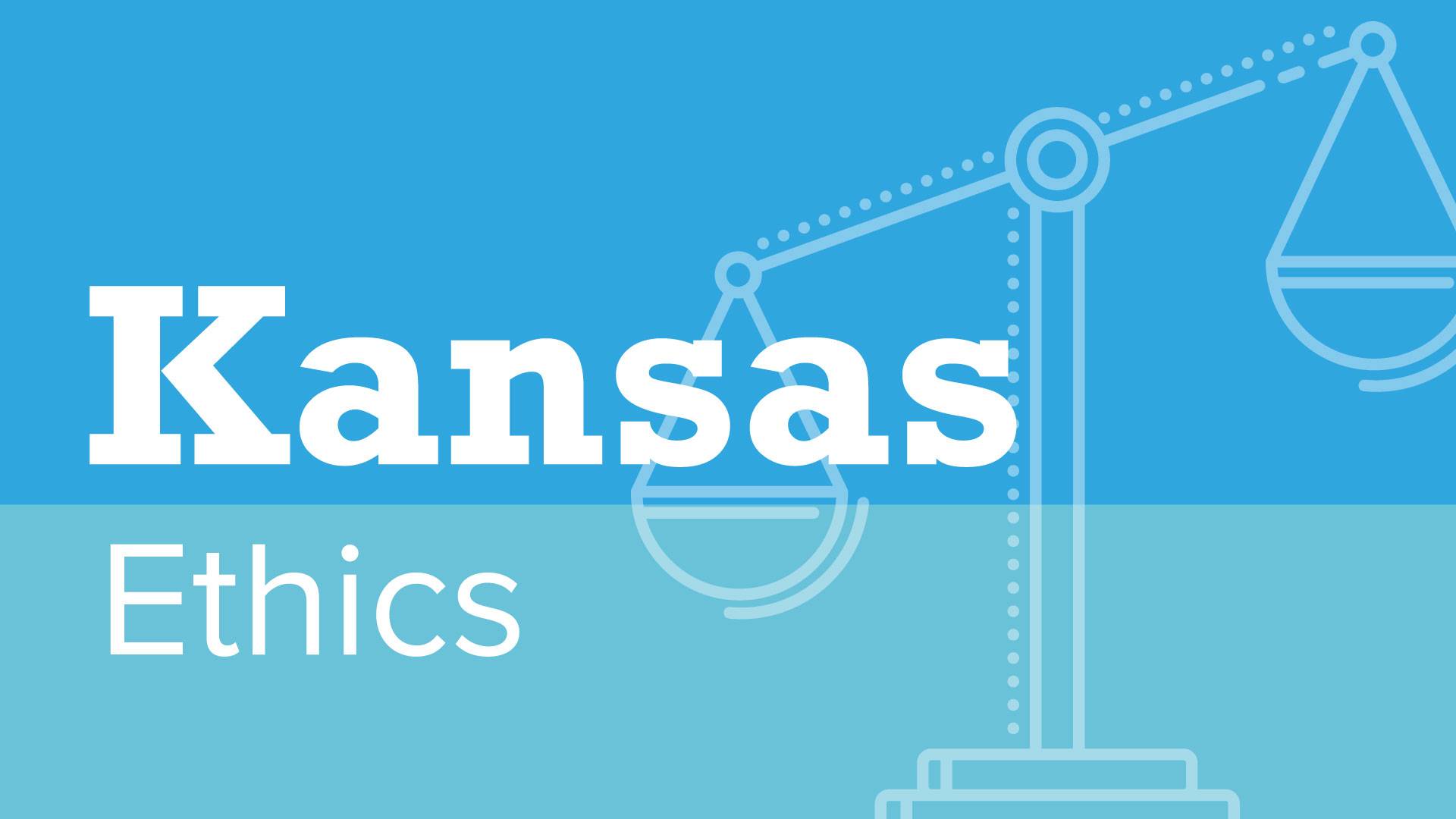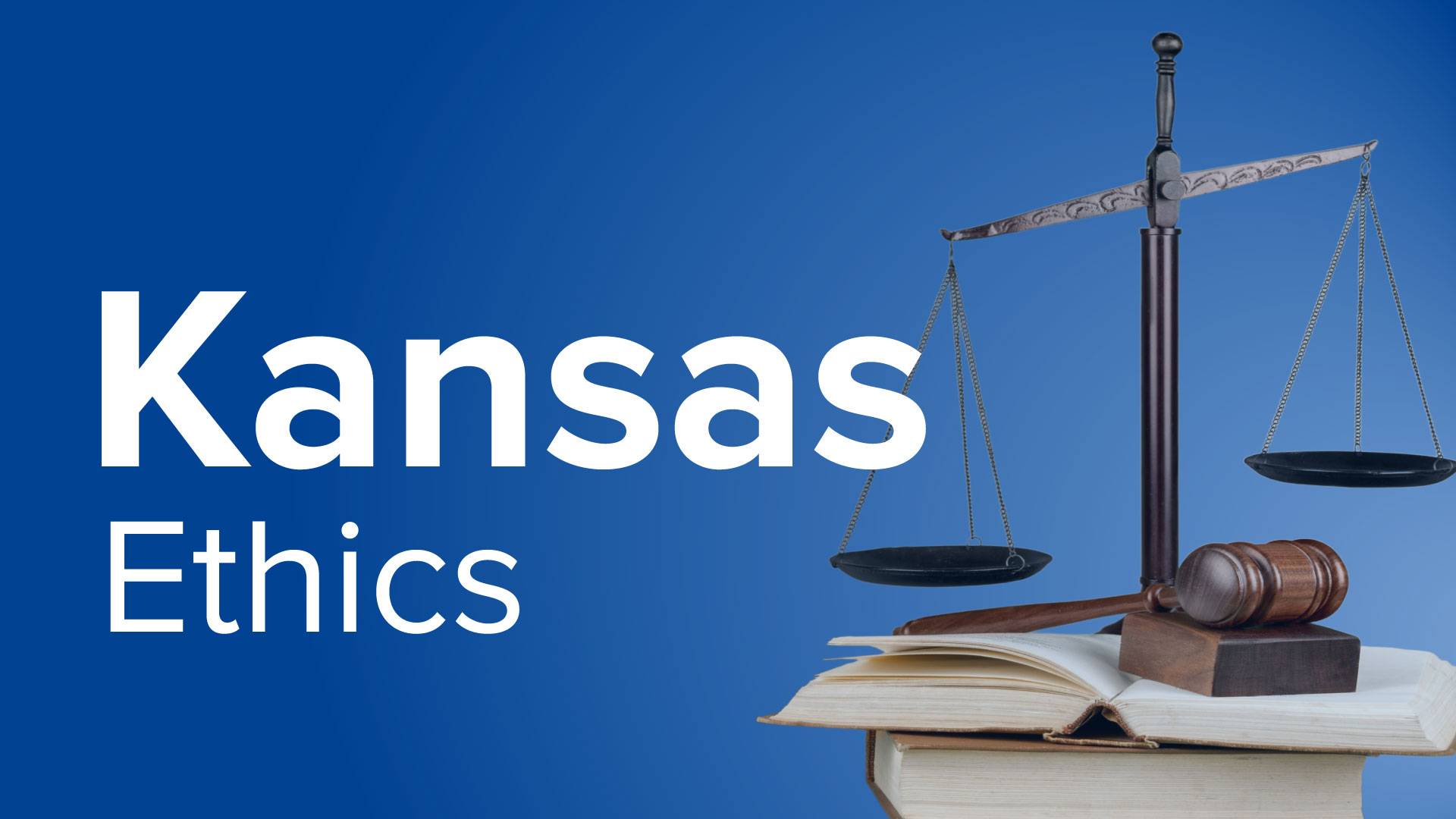State CPE Requirements
Kansas
Welcome to your go-to guide for fulfilling your Continuing Professional Education requirements, tailored to your state’s specific mandates and regulations.
Revision Date:
May 2, 2022
All Continuing Professional Education (CPE) requirements are sourced from NASBA. For detailed information, please visit the NASBA CPE Requirements page.

Total CPE Hours Required
80 hours

CPE Reporting Period
7/1 to 6/30 biennially based on certificate number (even number = even years; odd number = odd years)

License Renewal Deadline
6/30 biennially based on certificate number (even number = even years; odd number = odd years)
License Renewal Deadline:
6/30 biennially based on certificate number (even number = even years; odd number = odd years)
CPE Reporting Period:
7/1 to 6/30 biennially based on certificate number (even number = even years; odd number = odd years)
Total CPE Hours Required:
80 hours
Minimum CE Hours per year:
16 per year if a licensed municipal public accountant
Ethics Requirements:
2 hours in professional ethics relating to the practice of public accountancy
Credit Limitations:
Group Internet-Based: Programs must be from sponsors approved by NASBA’s National Registry, the AICPA, or a state society.
Instruction: A maximum of 50% of the total hours required can be earned through instruction.
Personal Development Courses: A maximum of 30% of the total hours required can be earned through personal development courses.
Self-Study: Programs must be from sponsors approved by NASBA’s National Registry or QAS, the AICPA, or a state society.
Other Subject Area Requirements:
If a licensed municipal public accountant, 8 hours per year in municipal accounting and auditing
Other State Policies:
Carryover: A maximum of 20 hours earned in excess of the 80-hour requirement may be carried forward into the next reporting period. Carryover hours cannot be used to satisfy the professional ethics requirement.
Exemption: The board may exempt an individual who holds a permit from another state from the continuing education requirements if the following conditions are met:
- The permit holder has a principal place of business located outside the state of Kansas.
- The permit holder verifies to the board’s satisfaction that they have met the continuing education requirements of the state in which the principal place of business is located.
- The board considers the continuing education requirements of the state in which the principal place of business is located to be substantially equivalent to those of Kansas.
Other State CPE Requirements
Deadlines always sneak up on you, but not this time.
Financial and Accounting Professionals reporting in one of the states listed below can easily find their State’s CPE Requirements.


